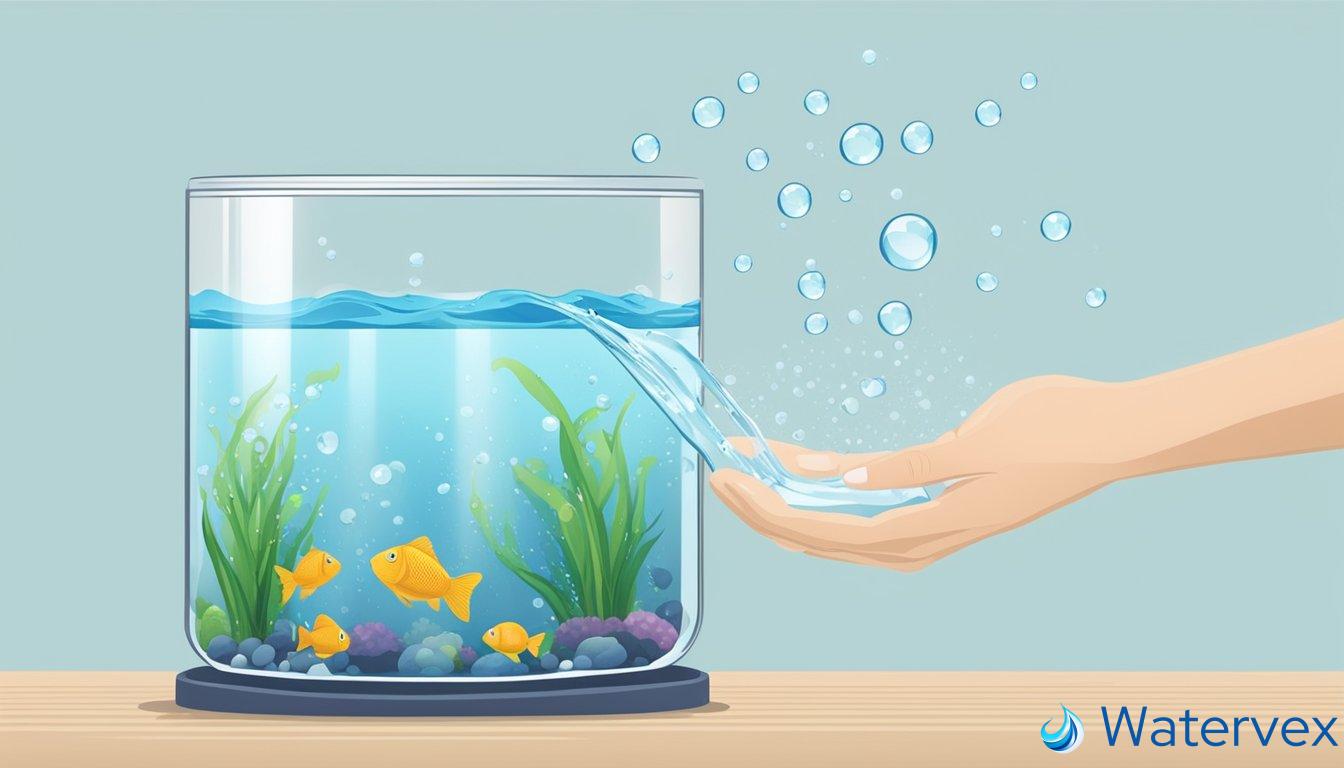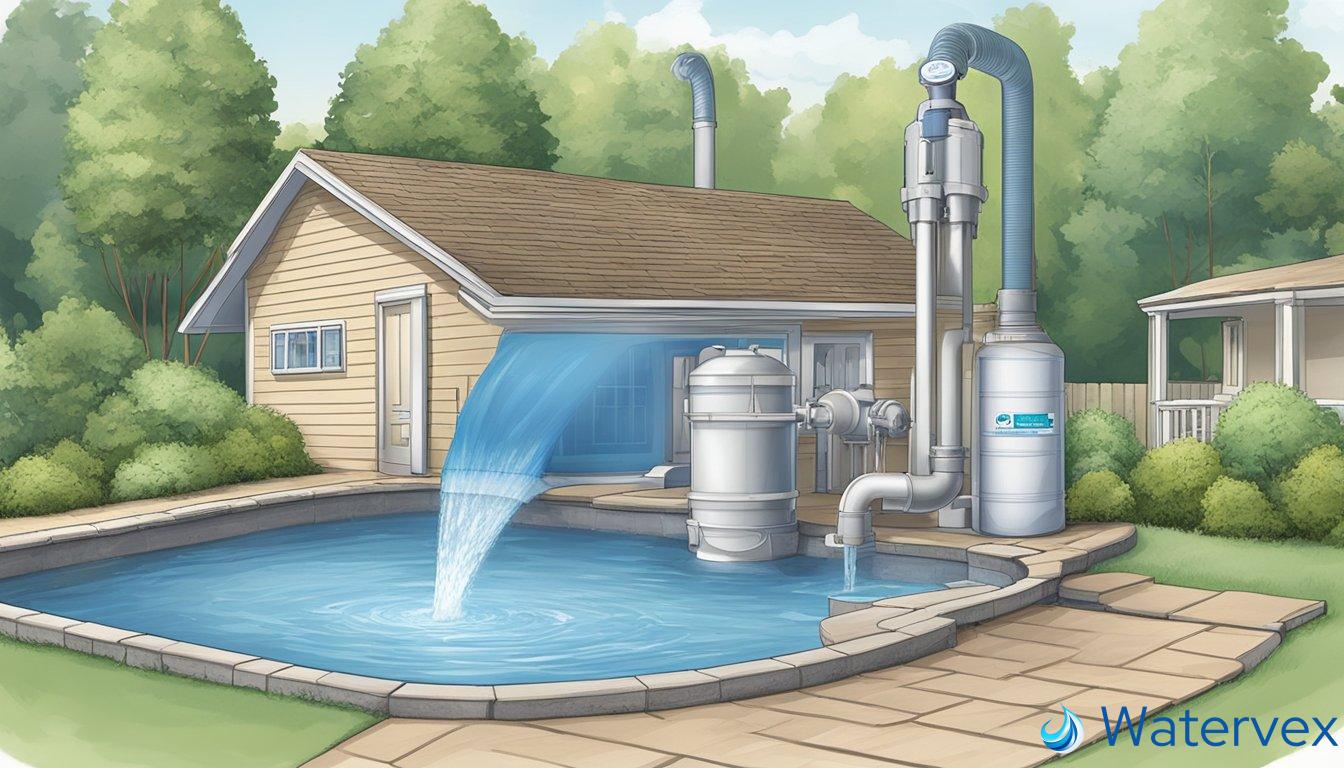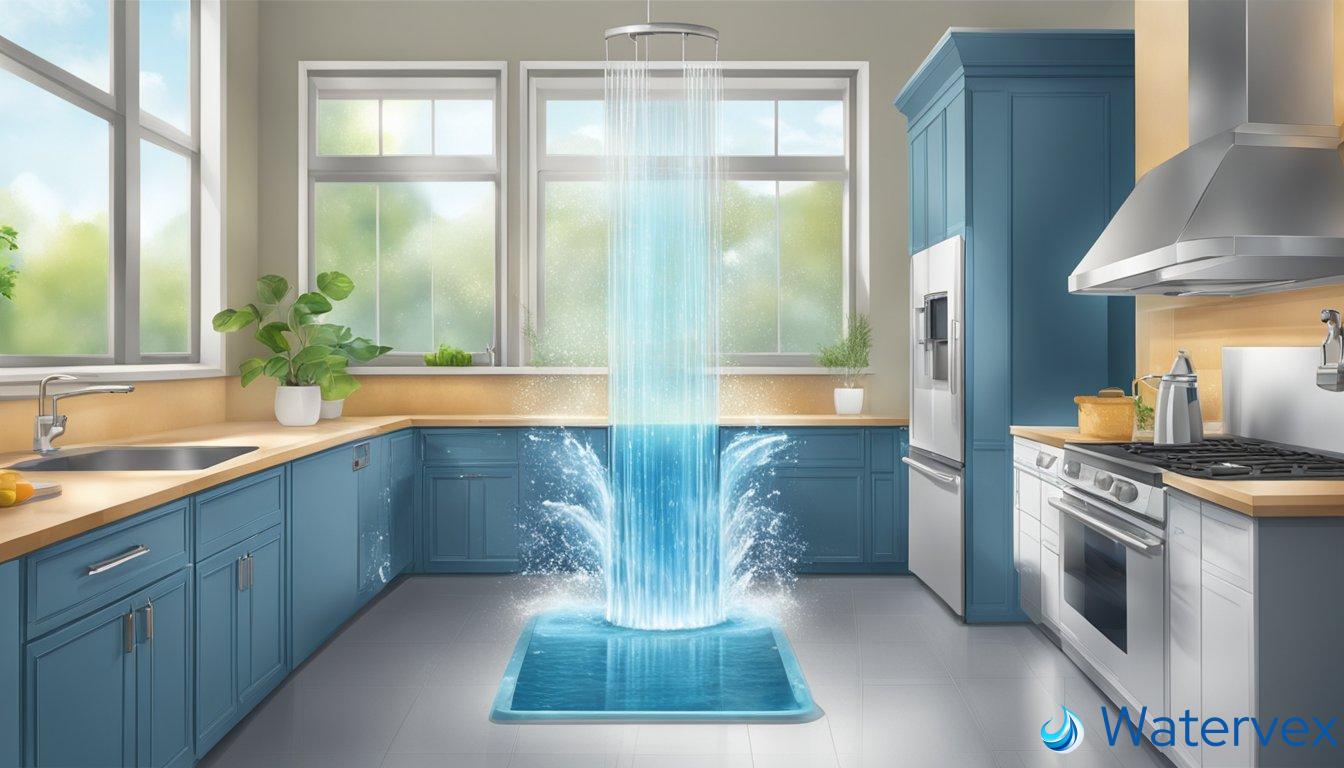When considering the quality of home water supply, water conditioners play a pivotal role in maintaining the balance and safety of your water. Unlike water softeners, which primarily remove minerals like calcium and magnesium that cause hard water, water conditioners address a broader range of issues. They are designed to remove unwanted contaminants, such as chlorine, chloramines, and volatile organic compounds, which can all affect water taste, odor, and safety.

Beyond improving sensory qualities, using a water conditioner also has practical benefits for your household. It can lead to a reduction in the levels of lead and other harmful contaminants, enhancing the overall safety of your drinking water. Moreover, while not all water conditioners operate the same way, some can serve as a salt-free alternative to traditional water softening systems, which can be particularly beneficial for those looking to reduce their sodium intake. Additionally, conditioned water can aid in the longevity and efficiency of appliances by preventing mineral buildup, which in turn saves on maintenance costs over time.
Key Takeaways
- Water conditioners target a variety of water contaminants to improve safety and taste.
- Some conditioners offer a salt-free alternative to softening, beneficial for health.
- Conditioned water can extend appliance lifespan by preventing mineral deposits.
What Is the Function of a Water Conditioner?
Water conditioners play a vital role in modifying the behavior of minerals in your water, without removing them, to prevent issues like limescale build-up.
Understanding Water Conditioners
When you think of hard water, you think of the damage it can cause to your pipes and appliances. Water conditioners address this problem not by removing the mineral ions—like calcium and magnesium—but by transforming their properties so they won’t stick to surfaces. One popular method used is template-assisted crystallization (TAC), which changes these minerals into a crystalline form that flows with the water rather than forming deposits. This process is also known as a salt-free water softener method.
Another technique involves an electronic water conditioner, which applies a magnetic field to alter the electromagnetic properties of mineral ions. This change discourages the minerals from sticking to each other and surfaces, thus acting as a scale inhibitor.
Types of Water Conditioners
There are several types of water conditioners, each working on a different principle:
Ion Exchange Conditioners: Use resin beads to exchange the minerals for sodium ions. This softens the water but adds sodium content.
TAC Systems: The TAC media effectively neutralizes the minerals without adding chemicals or sodium ions, making it an innovative salt-free water softener.
Electronic Conditioners: Harness a magnetic field to change the physical properties of the minerals so they remain in solution and pass through the system without forming scale.
Reverse Osmosis: This is a different subset of water treatment that removes nearly all mineral content from the water, not just conditioning it.
How Does a Water Conditioner Enhance Home Water Quality?

Water conditioners serve a specific role in home water treatment. Unlike water softeners that mainly address hard water issues by removing calcium and magnesium, conditioners focus on improving the overall water quality. They provide a comprehensive solution to tackle various contaminants.
Chlorine and Volatile Organic Compounds (VOCs) are two such substances that a water conditioner effectively reduces. With the use of specialized filtration media, these compounds, known for altering taste and being potentially harmful, are significantly diminished in your drinking water.
Here’s how a water conditioner can transform your tap water:
- Reduces Dissolved Solids: Substances like heavy metals and sand are trapped and removed.
- Viruses and Bacteria Control: Some conditioners are equipped to reduce the presence of microscopic viruses.
- Enhances Safety and Taste: By addressing dissolved minerals and solids, it contributes to both the palatability and safety of your water.
In addition to purification, a conditioner often includes a filtration stage, which might integrate reverse osmosis systems for an even more thorough cleansing. This sophisticated process can effectively deal with a range of dissolved solids, making your water safer for consumption.
Your home’s water quality stands to benefit greatly from this dual approach of filtration and purification, ensuring that what flows from your faucet is not only safer but also more pleasant to drink. With these considerations handled, your home water conditioner acts as a versatile line of defense, providing peace of mind for you and your family.
What Are the Benefits of Using a Water Conditioner for Household Appliances?

Installing a water conditioner can be a game-changer for the functionality and longevity of your home appliances.
Appliances Lifespan and Efficiency
Your appliances work hard for you every day. Scale buildup from hard water can shorten their lifespan and reduce efficiency. By opting for a water conditioner, you’re actively engaging in scale prevention, which helps maintain the appliance’s efficiency. This can help your dishwasher heat water more effectively, potentially reducing your energy bill and ensuring that all those towels come out fluffy and not stiff from the laundry. Appliances can function at their peak and last much longer, ultimately saving you on maintenance costs and replacement expenses.
Impact on Plumbing and Fixtures
Your home’s plumbing system and fixtures are not merely functional; they’re an investment. Hard water can lead to a build-up of minerals inside your pipes which can cause costly blockages, while fixtures can suffer from scaly buildup that’s not only unattractive but can also lead to a drip that becomes a steady and irritating leak. Nucleation, the process where scaling starts, is hindered by a water conditioner. It means less time spent scrubbing taps and showerheads, fewer calls to a water treatment professional, and less money shelled out for plumbing repairs. In short, it’s adding years of efficient service to your plumbing and fixtures.

